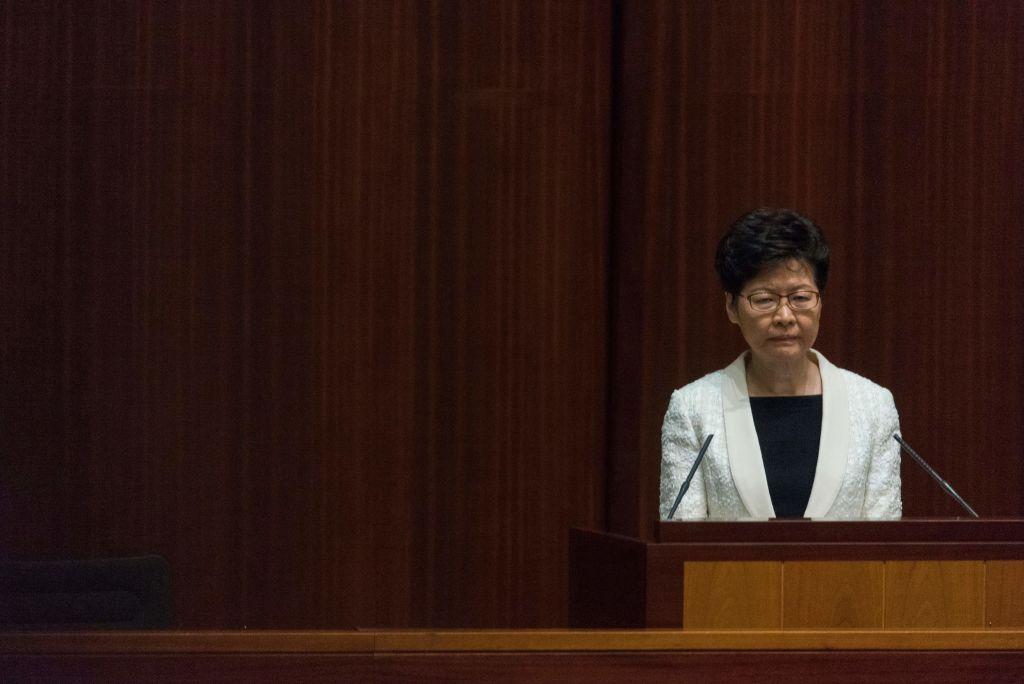In a bid to lure Hongkongers into integrating with the mainland, Chinese authorities recently launched 16 new policies to encourage Hongkongers and Hong Kong businesses to invest or settle in the Greater Bay Area—an economic zone consisting of nine mainland Chinese cities and the cities of Hong Kong and Macau, former European colonies that reverted to Chinese sovereignty in 1997 and 1999 respectively.
Located in the Pearl River Delta in southern China, the Greater Bay Area is being developed and billed by the Chinese regime as an emerging tech hub akin to Silicon Valley.





